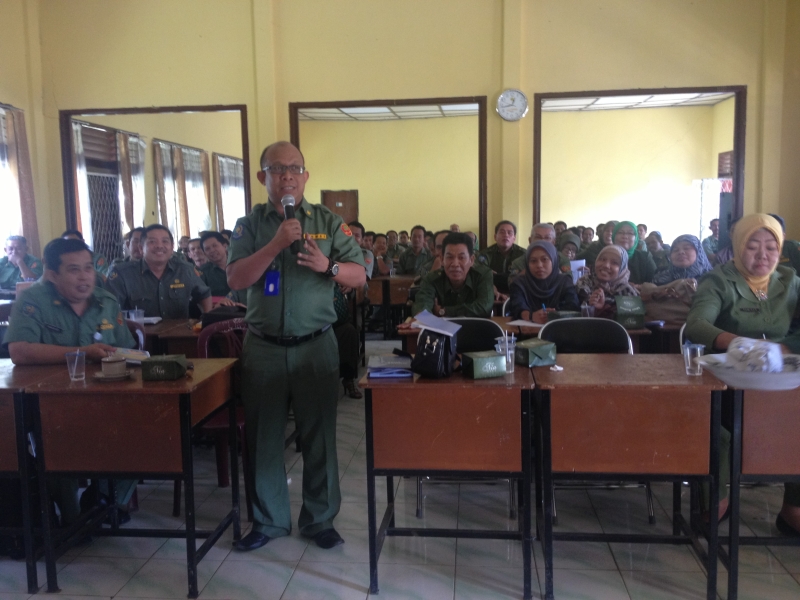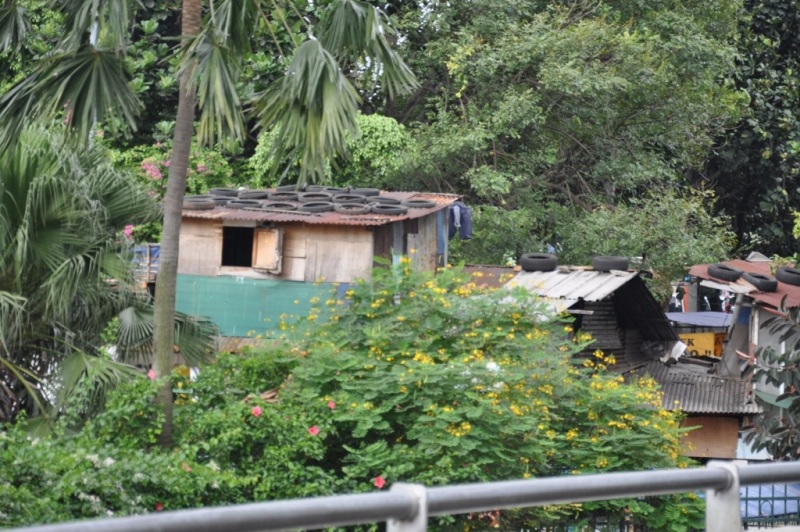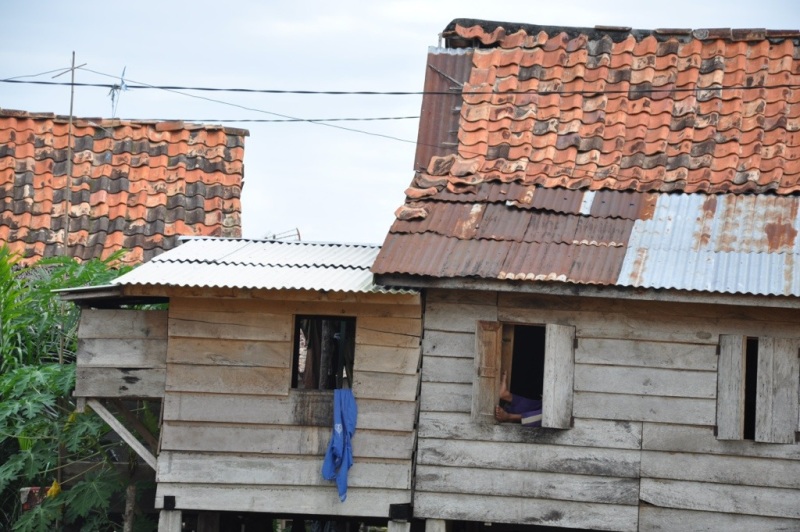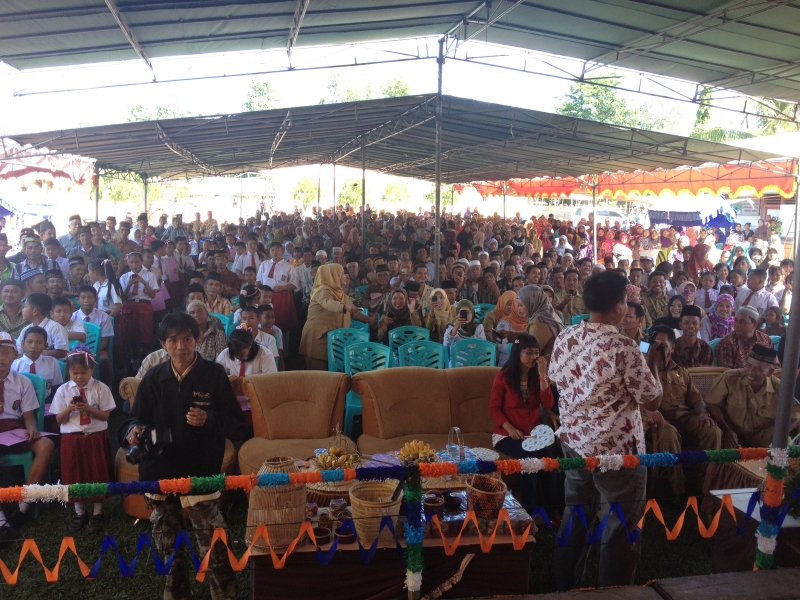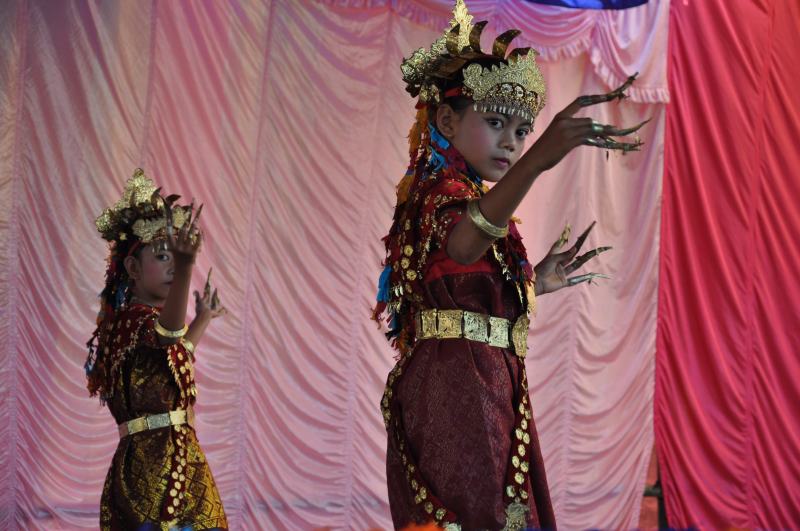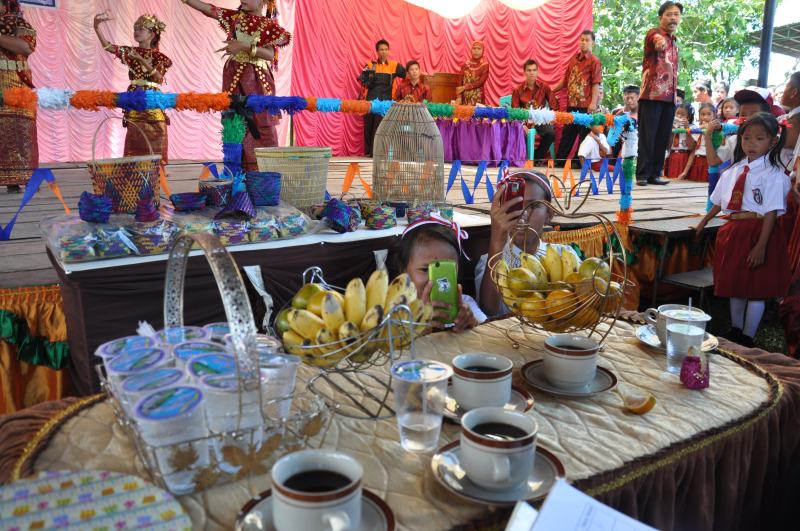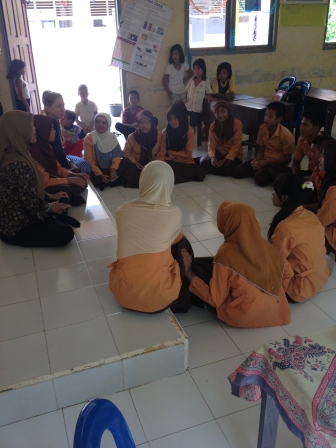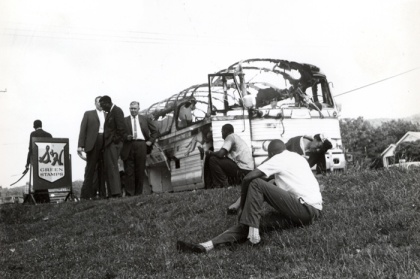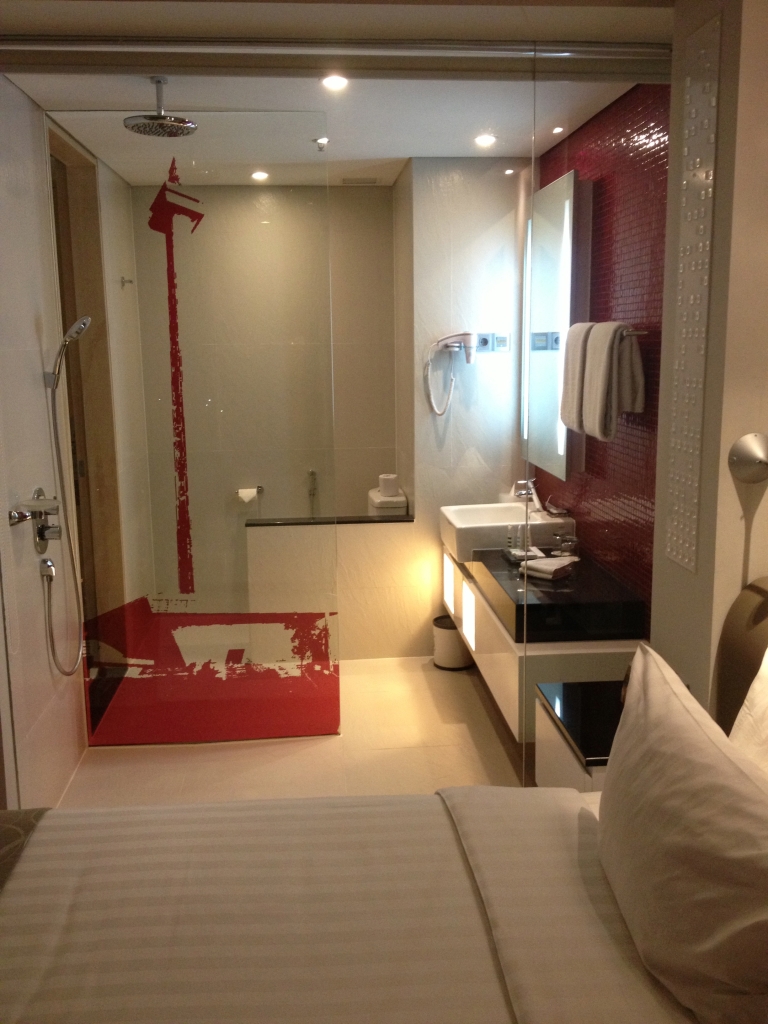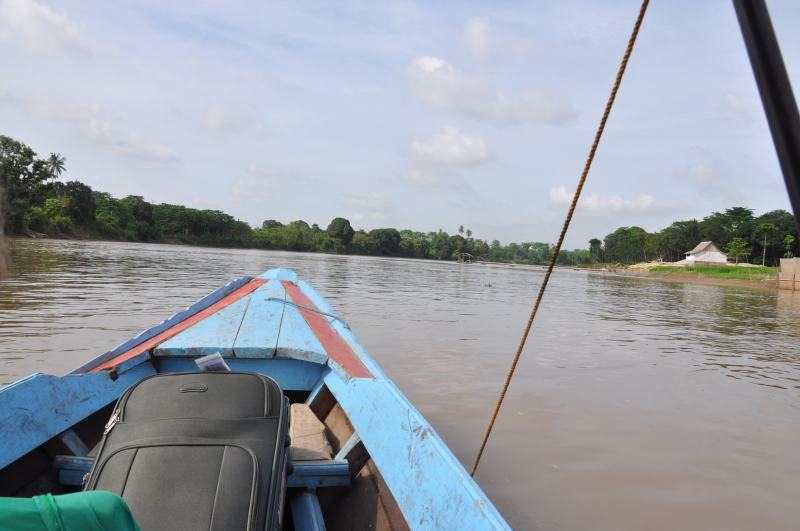In June, I got the opportunity to be included a meeting with the high school headmasters (principals) of Ogan Ilir Department of Education in Indonesia. The meeting, attended by approximately 55 people, introduced the New Curriculum 2013 for Indonesia. An emphasis was placed on the roles principals must serve in ensuring their schools and students are successful. At the end of the meeting, the principals asked Lauren and me questions about education and life in America.
One headmaster acknowledged that TV portrays America as being a very rich country and this view of America resounds around the globe. And so he asked, “What does it mean to be poor in America?”
My fellow teacher and my responses were not taken seriously. The principals had a difficult time believing there are people in America who are homeless and starving. They seemed unmoved when we told them that in many instances, the lunch at school is the only meal a child may eat. There were mumbles of disagreement when we said that in America, there are people who have may not have running water or electricity at home.
To them, our American responses were unbelievable. And although we were slightly offended by their reactions, I have to ask, “Should Americans feel guilty when we compare our quality of life to millions of others around the globe?”
During my experience in Indonesia, only the hotels had running water. The other places gained access to water from nearby wells, rivers, lakes, or even puddles of water on the side of the road. I witnessed the same water source being used to bathe and wash clothes. Too often, I saw children and men cast their fishing lines in water covered by tons of trash. I can count on one hand the number of times I saw soap easily accessible to wash your hands. We swatted flies and bugs away from our food as we ate and our utensils were most likely washed in water from the wells or rivers, thus repeating a continuous cycle of lack of sanitation.
This is everyday life in many parts of the country. While people were excited to see Americans, at the same time, they despised us. I am not quite sure how I feel about their views of us. People have no control over where they are born or the situations in which they were born into. But, I am glad I got to experience a lifestyle which was totally different from my own.
Here are a few photos.
I want to emphasis that not everyone in Indonesia lives in these conditions. I was stationed in a very rural area of the country so my views and photos are representative of what I saw. Other members of my program were stationed in more developed areas of the country and their experience is very different from mine.

The Ogan River. We crossed this river daily to get to our host school. The river is the main source of life for the village. Here you can see villagers playing, washing clothes, and bathing.

